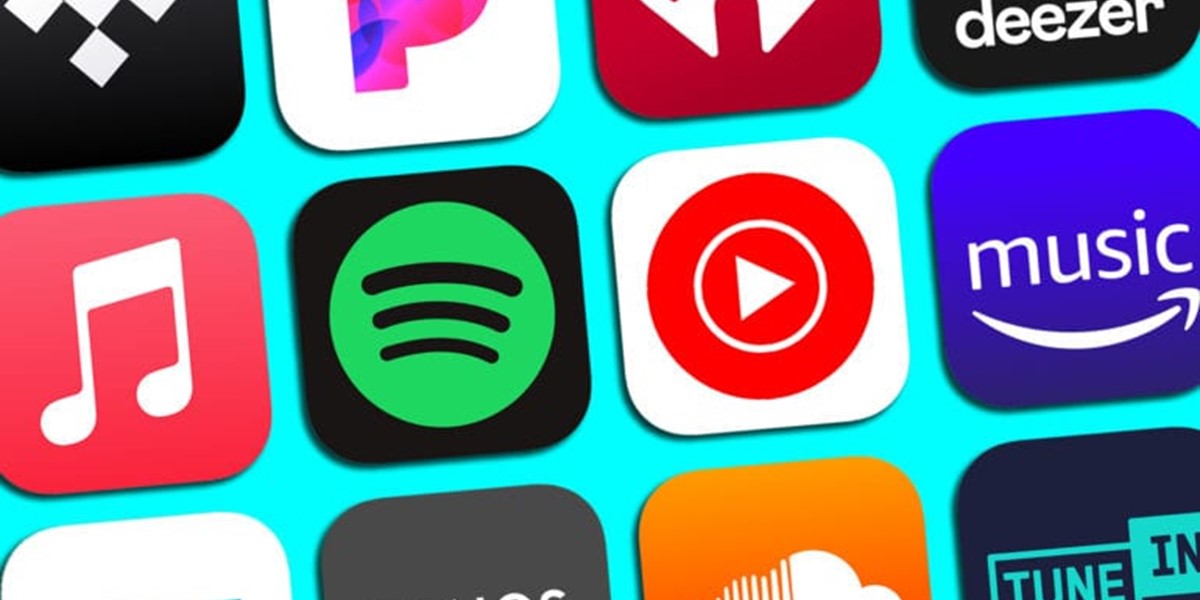Thursday, June 10, 2021
Soapbox: Swimming Against The Stream
By Chris Moss
Does more mean less in the digital music market place?


Register now to continue reading

Thanks for visiting the Songlines website, your guide to an extraordinary world of music and culture. Sign up for a free account now to enjoy:
- Free access to 2 subscriber-only articles and album reviews every month
- Unlimited access to our news and awards pages
- Our regular email newsletters

